The Java Workshop. Learn object-oriented programming and kickstart your career in software development
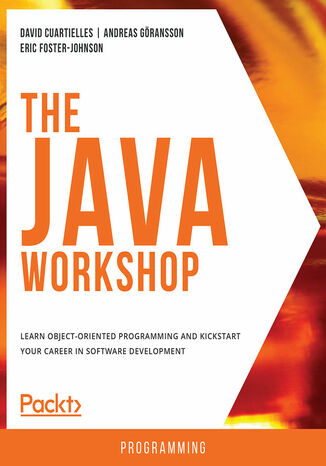



- Wydawnictwo:
- Packt Publishing
- Ocena:
- Stron:
- 606
- Dostępne formaty:
-
PDFePubMobi
Opis
książki
:
The Java Workshop. Learn object-oriented programming and kickstart your career in software development
The Workshop starts by showing you how to use classes, methods, and the built-in Collections API to manipulate data structures effortlessly. You’ll dive right into learning about object-oriented programming by creating classes and interfaces and making use of inheritance and polymorphism. After learning how to handle exceptions, you’ll study the modules, packages, and libraries that help you organize your code. As you progress, you’ll discover how to connect to external databases and web servers, work with regular expressions, and write unit tests to validate your code. You’ll also be introduced to functional programming and see how to implement it using lambda functions.
By the end of this Workshop, you’ll be well-versed with key Java concepts and have the knowledge and confidence to tackle your own ambitious projects with Java.
Wybrane bestsellery
Packt Publishing - inne książki
Dzięki opcji "Druk na żądanie" do sprzedaży wracają tytuły Grupy Helion, które cieszyły sie dużym zainteresowaniem, a których nakład został wyprzedany.
Dla naszych Czytelników wydrukowaliśmy dodatkową pulę egzemplarzy w technice druku cyfrowego.
Co powinieneś wiedzieć o usłudze "Druk na żądanie":
- usługa obejmuje tylko widoczną poniżej listę tytułów, którą na bieżąco aktualizujemy;
- cena książki może być wyższa od początkowej ceny detalicznej, co jest spowodowane kosztami druku cyfrowego (wyższymi niż koszty tradycyjnego druku offsetowego). Obowiązująca cena jest zawsze podawana na stronie WWW książki;
- zawartość książki wraz z dodatkami (płyta CD, DVD) odpowiada jej pierwotnemu wydaniu i jest w pełni komplementarna;
- usługa nie obejmuje książek w kolorze.
Masz pytanie o konkretny tytuł? Napisz do nas:
Książka drukowana



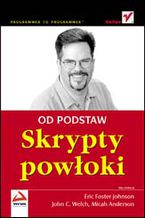
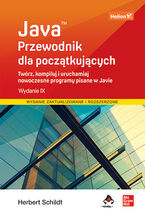
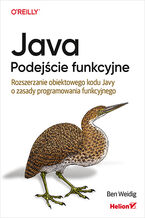
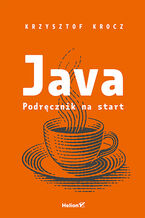
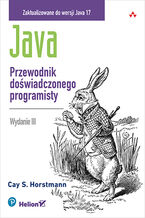
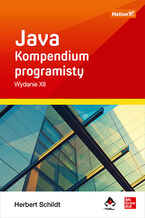
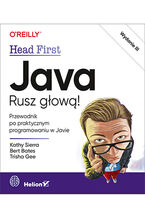
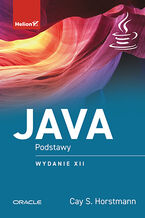
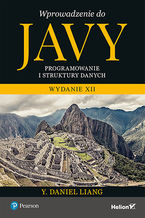
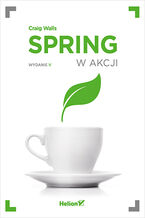
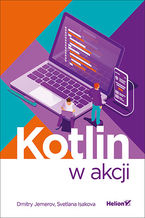









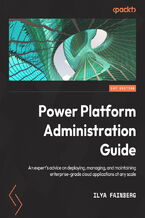


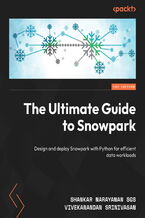
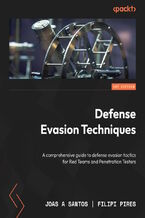



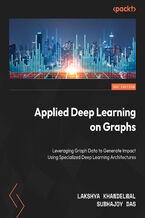
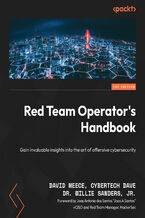
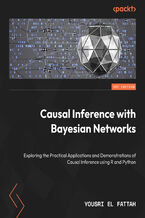



Oceny i opinie klientów: The Java Workshop. Learn object-oriented programming and kickstart your career in software development David Cuartielles, Andreas Göransson, Eric Foster-Johnson (0) Weryfikacja opinii następuję na podstawie historii zamówień na koncie Użytkownika umieszczającego opinię. Użytkownik mógł otrzymać punkty za opublikowanie opinii uprawniające do uzyskania rabatu w ramach Programu Punktowego.
Weryfikacja opinii następuję na podstawie historii zamówień na koncie Użytkownika umieszczającego opinię. Użytkownik mógł otrzymać punkty za opublikowanie opinii uprawniające do uzyskania rabatu w ramach Programu Punktowego.